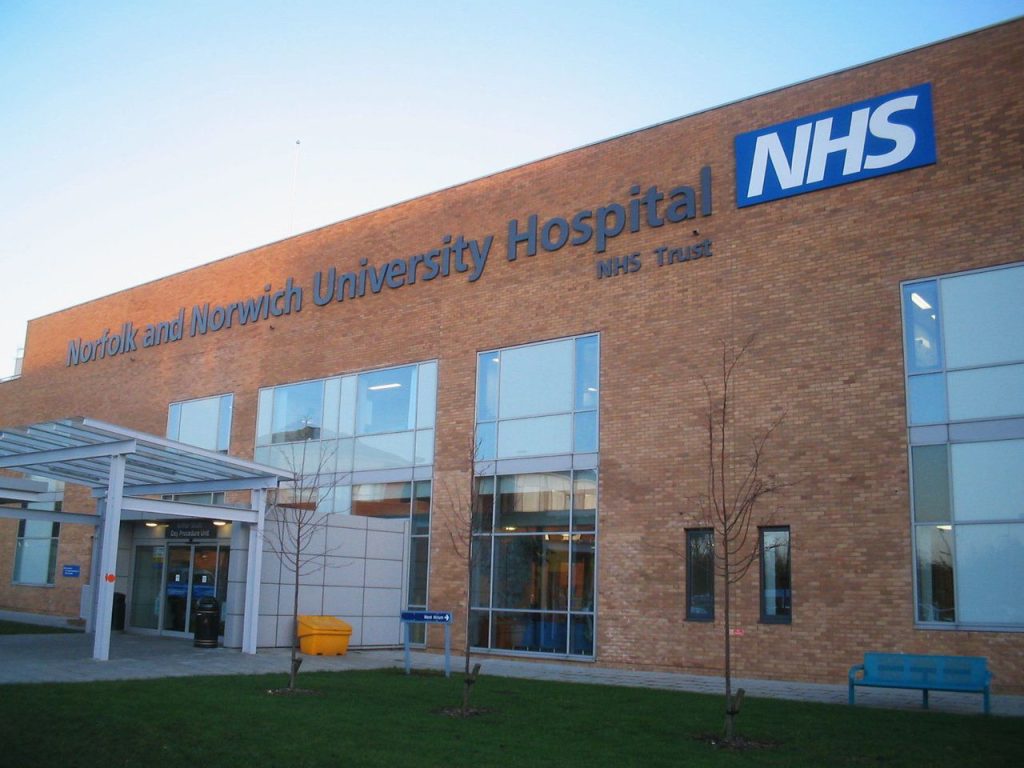The NHS is set to deploy artificial intelligence in a pioneering effort to prevent tragedies like the Lucy Letby and Harold Shipman scandals by identifying warning signs of unsafe care before harm occurs.
As part of a new 10-Year Health Plan, an advanced early warning system powered by AI will analyse healthcare data in real time, flagging alarming trends that could indicate abuse, preventable deaths, or serious clinical failures. Once irregular patterns are detected, the Care Quality Commission (CQC) will launch urgent inspections without waiting for complaints or whistleblower reports.
The initiative comes in response to historic failures within the health service, including Letby’s crimes at the Countess of Chester Hospital, where she was convicted of murdering seven babies and the unchecked killing spree of GP Harold Shipman, who is believed to have murdered hundreds of patients. A Whitehall source said, “This is an early warning system where there is no room for human error. In the past, patterns were missed. That must never happen again.”
The AI system will launch in maternity wards across NHS trusts from November, scanning data for unusual spikes in stillbirths, neonatal deaths, and brain injuries. The move follows public outcry over scandals in Shrewsbury, Telford, and East Kent, where years of failings went unnoticed, resulting in the deaths of hundreds of babies.
Health Secretary Wes Streeting, who has launched a national investigation into avoidable baby deaths, said patient safety will be central to the NHS reform. “Even a single lapse that puts a patient at risk is one too many. By embracing AI, we’ll detect danger sooner and act before tragedy strikes,” he said.
The system, built on the NHS Federated Data Platform recently awarded to US tech firm Palantir, will track performance across trusts and spot worrying trends. Officials insist all data will be handled securely, in line with privacy rules. However, Palantir’s role may raise concerns among privacy advocates due to its background in intelligence work and its founder’s links to US political figures.
The AI platform aims to catch failures that standard inspections may miss. It will compare data across similar services and look for anomalies such as unexpected spikes in harm or disparities in care outcomes. CQC chief executive Sir Julian Hartley said the watchdog will act faster using data on care inequalities and safety trends to trigger inspections.
“This will enable us to act earlier and conduct more inspections, giving the public quicker access to information about care quality,” Hartley said.
The initiative is one part of a broader digital transformation, which also includes shifting care from hospitals into communities and moving the NHS from treating illness to focusing on prevention. The plan also proposes measures such as ordering supermarkets to cut 100 calories from the average shopping basket as part of a national effort to tackle obesity.
NHS co-national medical director defends strategy
Despite strong support from NHS leadership, concerns remain among frontline staff. Professor Nicola Ranger, general secretary of the Royal College of Nursing, warned that technology can not replace adequate staffing. “One nurse caring for 10 or more patients is not safe. Inspections may come too late. Investment must begin with staffing,” she said.
Professor Meghana Pandit, NHS co-national medical director for secondary care, defended the strategy, saying it would dramatically accelerate the detection and response to safety risks. “This will turbo-charge our ability to act quickly and improve patient care,” she said.
With the rollout of AI and digital tools, ministers hope to transform the way the NHS responds to danger, detecting threats before they escalate and making future Letby-style tragedies far less likely.



